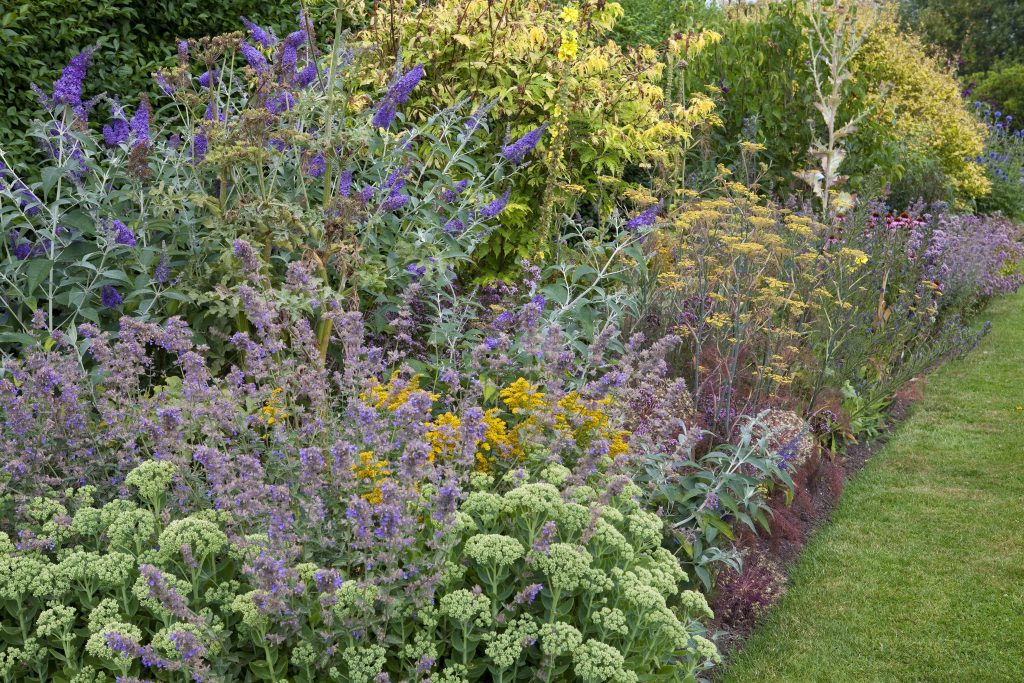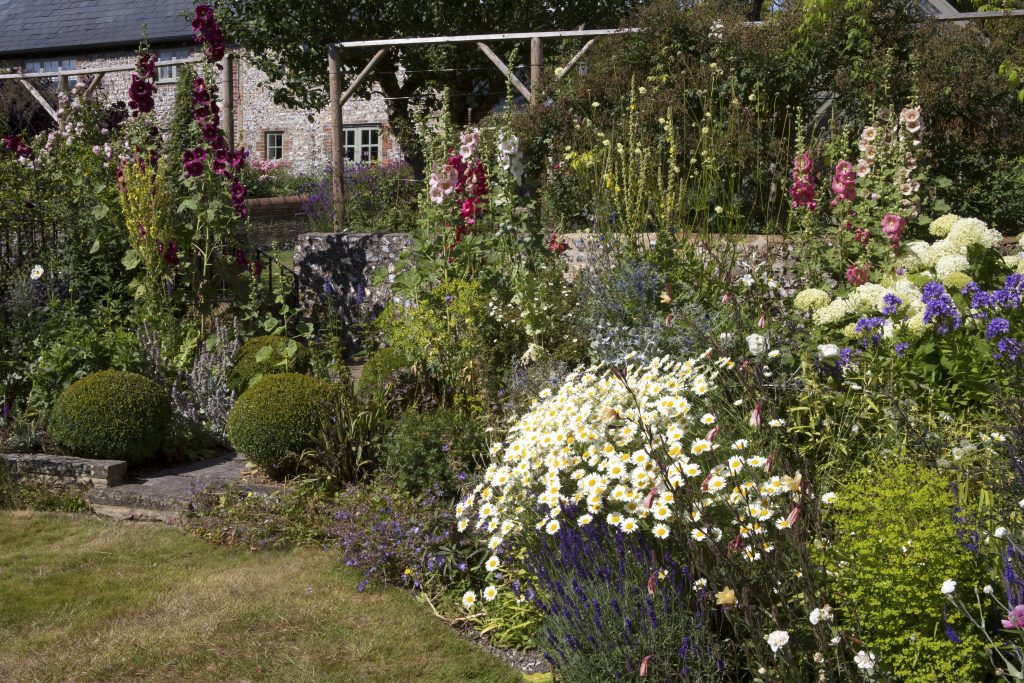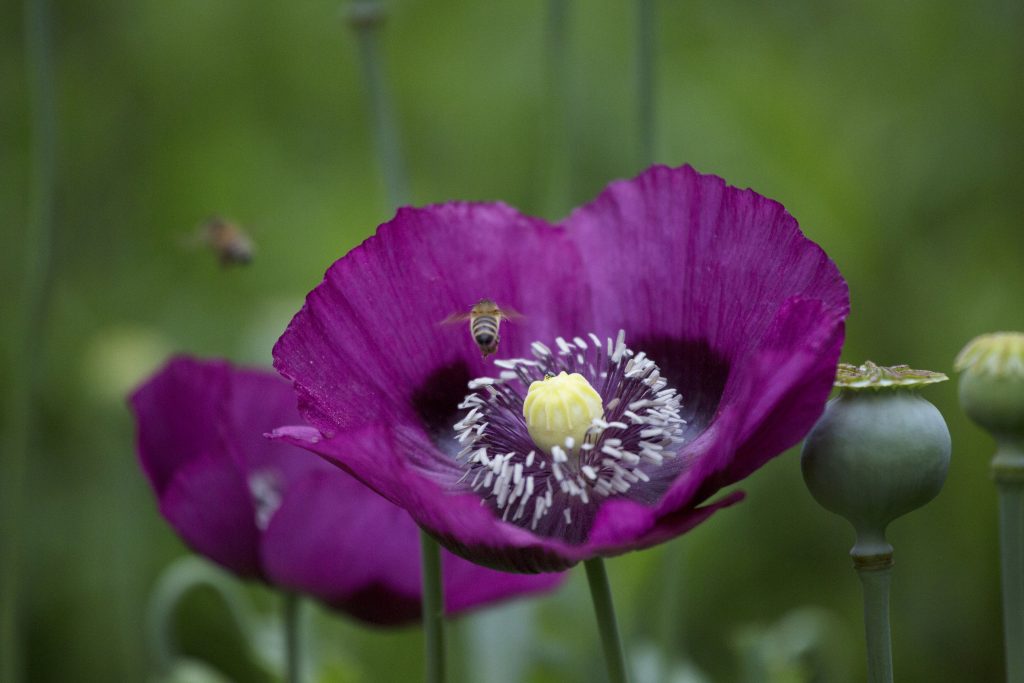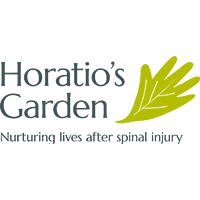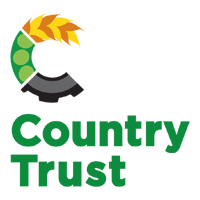Bee-friendly: top tips for attracting bees to your garden
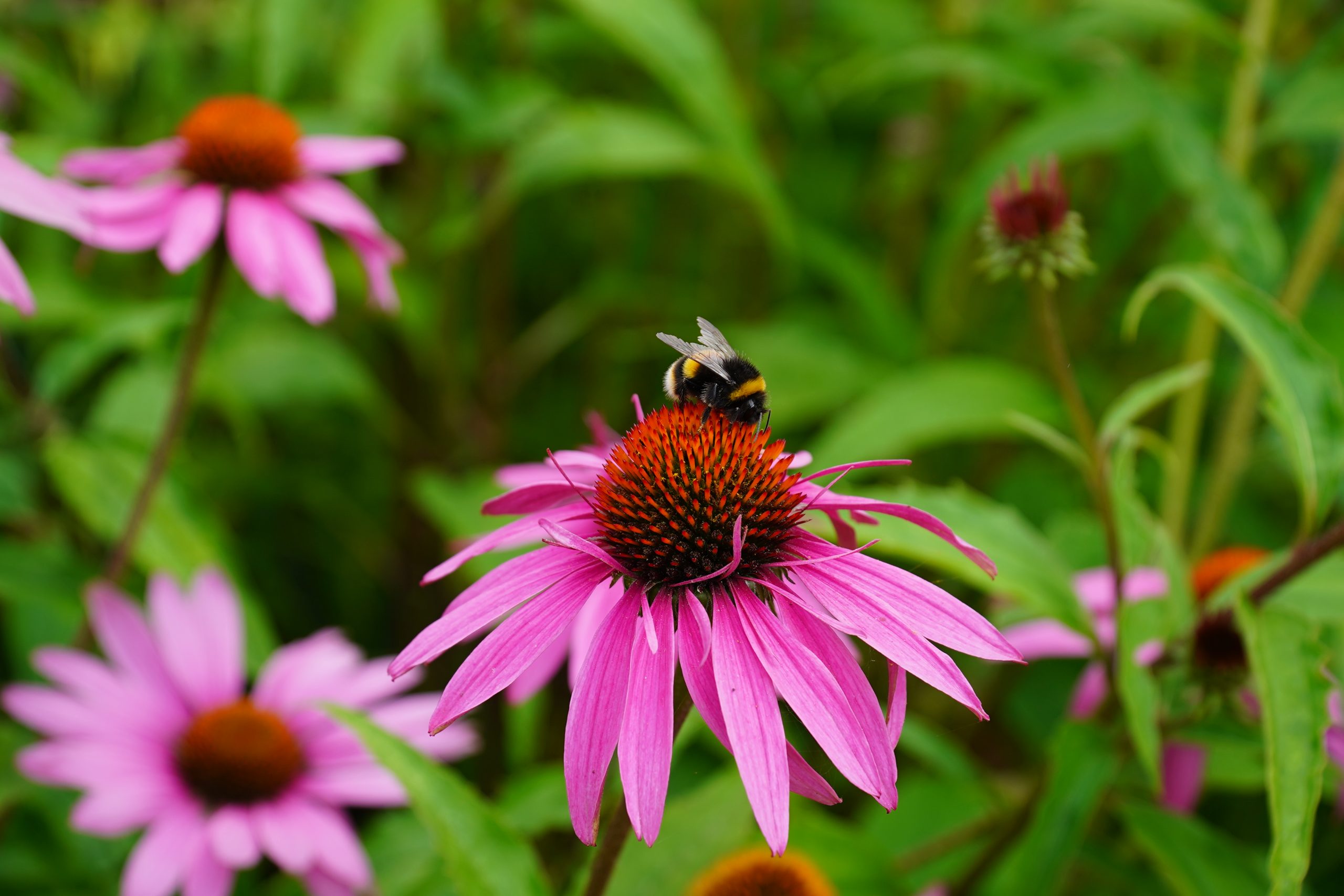
May 20th is World Bee Day, but everyday day should be a bee-friendly day in our book. Vital to life on earth our gardens can play an important role in helping them survive and thrive. Leigh Clapp offers some tips to help you provide honeybees and other insect pollinators with a supply of pollen and nectar through the year.
“With the decline in bees partly due to the loss of flower-rich habitats, even if you cannot keep honeybees yourself, you can grow some lovely bee-friendly plants in your garden,” says Leigh. “As we all know bees are vital for plant pollination and it is estimated that 80% of the Western diet is dependant on bee pollination, so it is important that we do what we can to help the health and survival of our British bees.”
Top tips
- Replace some of your lawn with flowering plants – re-wild it or plant as a meadow area
- Plant some British wildflowers
- Observe the plants bees particularly enjoy in your garden and in the local area
- Plant for biodiversity
- Clumps of bee-friendly plants, planted in sunny positions are more attractive to bees than scattered or shady spots
- Avoid highly hybridized plants
- Avoid double or multi-petalled flowers as they may lack pollen and nectar and be difficult for bees to access
- Honeybees like saucer-shaped flowers as they are easier to get into with their short tongues
- Grow flowers from organic seeds and bulbs
- For honeybees plant larger groups of one plant, unlike bumblebees, honeybees collect one type of pollen per forage flight so do not mix pollen types
- Different species of bumblebees have different lengths of tongue which means they feed from different shaped flowers
- Large shrubs and trees are a vital food source as well. Five established winter/early spring flowering trees supply a similar amount of pollen and nectar as an acre of meadow
- Don’t use pesticides on plants when they are flowering
- Plan for blooms year-round for a constant supply of food
- Look for the RHS Perfect for Pollinators logo on plants at the garden centre
- Solitary bees are not at all aggressive, bumblebees and honeybees are unlikely to sting unless disturbed, so enjoy watching them and leave them to their foraging in your garden
- A bee and butterfly friendly border. Image Leigh Clapp
- A rich diversity of planting is important to pollinators. Image Leigh Clapp
Plant list
- Small trees – prunus, malus, pyrus, ornamental almond, salix, witch hazel, hawthorn, Judas tree
- Shrubs – lonicera, quince, cornus, ceanothus, forsythia, lilac, broom, viburnum, buddleia, berberis, mahonia, abelia, myrtle, shrub roses, rosemary, lavender, wigelia, rock rose, hebes, philadelphus, potentilla, hypericum, choisya
- Annuals and perennials – eryngium, salvia, sedum, allium, echinops, cosmos, foxglove, delphinium, aster, zinnia, geum, nepeta, geranium, poppies, campanula, kniphofia, lavatera, Japanese anemone, violet, hollyhock, achillea, centaurea, verbascum, dianthus, lychnis, monarda, verbena, echium, daisy, marigold
- Herbs – borage, thyme, hyssop, chives, origanum, mint, comfrey, chamomile
- Hedging plants – cherry laurel, hawthorn, pyracantha, Portuguese laurel, holly, cotoneaster
- Early blooms – hellebore, crocus, snowdrop, winter aconite, hyacinth, heather
- British wildflowers – corncockle, cornflower, teasel, wild parsnip, viper’s bugloss, evening primrose, cowslip, scabious, corn poppy, clover
Bee-keeping
If you would like to keep bees, contact your local association through the British Beekeepers Association and take part in an introductory course www.bbka.org.uk
- Image Leigh Clapp





